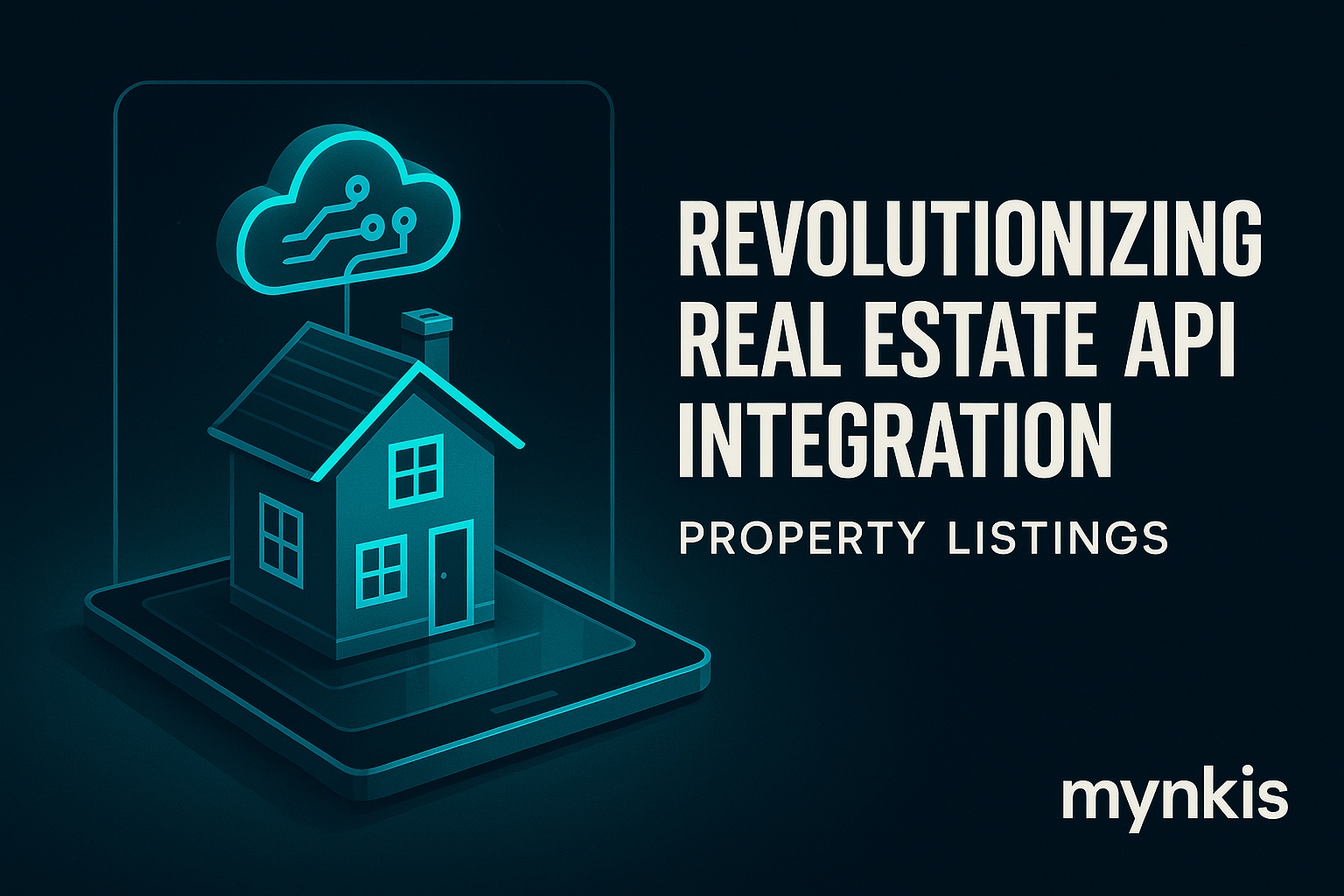Schedule a Demo
There's a transformative force at work in real estate, and it's not just the skyline reshaping neighborhoods. The backbone of this transformation? Application Programming Interfaces (APIs). As we dive deep into the realm of custom software development tailored for brokers, integrating APIs can be your secret weapon for elevating the search rankings of local property listings. Imagine turning your website into a bustling digital marketplace, where listings effortlessly sync in real time with multiple platforms, enhancing visibility and SEO like never before.
I've seen firsthand how crucial up-to-date, relevant content is in helping home seekers find their next investment. API integration enables seamless synchronization of your property listings across different online platforms. This isn't just about keeping your listings updated; it's about leveraging real-time data for dynamic content that search engines adore. Whether it's pulling market trends from economic databases or syncing listing images from social media, APIs can centralize and automate these processes, freeing you to focus on what you do best: closing deals.
One of the keys to dominating local search results lies in the smart integration of third-party APIs. Embedding Google Maps API into your property listings isn't just for zooming into neighborhoods; it's a high-octane way to improve your site’s local SEO. When potential buyers or tenants can effortlessly see the exact location of a property, their experience is enhanced—and so is your relevance in local search algorithms. Furthermore, using weather APIs to inform clients about the average temperature in an area can genuinely differentiate your platform, showing attention to detail that's ripe for sharing and boosting your search engine credibility.
In the world of real estate, financial transactions are non-negotiable. APIs come to the rescue here as well, making it smoother for clients to pay deposits or other charges right from your website. The key is integration with payment gateways like Stripe or PayPal, ensuring secure, user-friendly transactions that could contribute to your overall site ranking through increased engagement and conversion rates. Remember, the easier you make it for clients to spend money with you, the more time they're willing to explore your listings.
The right data is like gold dust in the hands of a savvy broker. Analytics APIs give you insights into how visitors interact with your website and listings, helping you fine-tune your strategy. By integrating tools like Google Analytics API, you get detailed reports on where your users come from, what they view, and where they might drop off. This level of detail empowers you to make data-driven decisions that enhance your property listing website's engagement metrics, directly impacting your site's SEO performance.
By weaving in the power of social media through APIs, property listings can break out from your site's walls and into the daily lives of prospective buyers. Embedding social share buttons and live-feeds from platforms like Instagram or Twitter allows instant, clickable content sharing. This not only amplifies your brand's reach but also generates backlinks to your site—the type of organic SEO juice that fosters substantial ranking boosts.
While we thrill to the velocity of data flow and connectivity APIs provide, we can't ignore the critical aspect of data privacy. API integrations must adhere to data protection regulations like GDPR. I'm committed to ensuring that the property listing websites we develop offer bullet-proof security protocols without compromising the benefits these integrations bring. Encrypting data transmission and employing API key management rigorously upholds the trust clients invest in you, further establishing you as a leader in ethical real estate practices.
I consider that blending APIs into your real estate website isn't just modernization; it's quite literally empowering better listing management, improved user experiences, and heightened SEO advantage. In this era where customer experience can tip the scales in deals, using these technological tools effectively isn’t just playing with an edge—it's setting the standard for your industry peer group.
